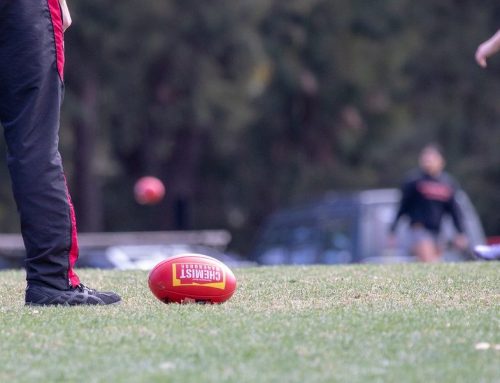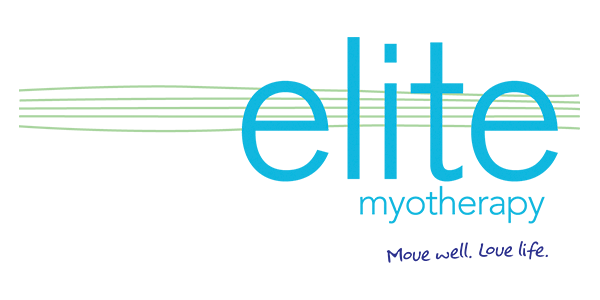Why is it that people heal at different rates? This is a question that I find myself asking as a practitioner time and again.
The fact is, whilst as humans we have much in common with each other, we are also unique beings with different lives, histories, bodies, and mindsets. All of these things contribute to how we heal, and how we experience pain.
I would like to share with you the experience that one of my clients had on her path to recovery. For the purpose of this article we’ll call her Iris.
Ten months ago, Iris had a discectomy (part, or in some cases whole surgical removal of an intervertebral disc) and spinal fusion in her neck. The pain and numbness she had been experiencing felt instantly better – this is often the case with discectomies, as the disc no longer is impacting on the spinal chord . However this isn’t a small procedure, particularly for a woman in her 70’s. Iris spent a couple of weeks in hospital, and went through rehabilitation with a physiotherapist for a few months, after which she started seeing me for treatment.
Whilst Iris’s previous symptoms felt much better, she lost range of motion through her neck, and developed pain in the region. This wasn’t surprising due to the surgery, and adjustments her body needed to make after this procedure. However there was another factor in her life that happened to coincide with an increase to her pain levels – stress. A family member close to Iris became suddenly ill and was hospitalised. She was understandably very worried, and it was a slow recovery process for her loved one. I noticed that on days when Iris came in, that the bigger and more stressful her week had been, the higher her pain levels were also.
Once things had settled in Iris’s personal life, she started experiencing other symptoms and pain in her body. I have noticed these ‘set-backs’ can occur once we slow down, once we start paying attention to the body. Almost like a signal has been received that lets our body know it doesn’t have to keep pushing through (as we so often do). Understandably, this can feel inconvenient, or even unfair, but really what is happening is that we are tuning into our body, and giving it the opportunity to heal.
Iris’s system also had to deal with the shock of surgery, and then the emotional shock and stress of her loved one becoming ill. Our bodies can take time to process, and to feel safe again. Before this happens, the bodies nervous system can remain in a heightened state (sympathetic), it is within this state that we are more likely to feel pain. It is therefore important to look at the nervous system, and how we can work with it to stimulate the rest and digest state (parasympathetic) – from where the body gets the chance to rest, heal, and ultimately feel good.
Iris recognised the need for this, and so she started making some simple life choices to make her days more manageable. She started accepting help from family and friends, she stopped trying to pack as much into her days, and she started saying ‘no’ a little more. Just recently, Iris has had a significant improvement with her neck. She can move much more freely, and her pain is minimal. She feels like she has ‘turned a corner’.
Whilst Iris still has some progress to make with some of her other symptoms, she has done extremely well to be where she is at today, and I have full confidence that things will continue to improve for her.
Something that I haven’t mentioned yet is Iris’s mentality. She has a wonderful attitude of gratefulness and positivity towards life, and her body. When she is experiencing pain or discomfort, she maintains belief and hope that she will come out the other side of it. Doctor David Butler (physiotherapist and pain-science-guru) speaks about how this belief system can be a huge factor in successfully eliminating pain.
There are a few factors that I would like to summarise here in regards to Iris’s healing time:
- Belief (that recovery/healing is possible)
- Expected recovery time from surgery
- Rehabilitation with physiotherapist
- Regular treatment with Myotherapist
- Age
- Stress (sympathetic nervous system)
- Rest (parasympathetic nervous system)
All of these factors played a role in Iris’s recovery time. We can’t always know or control these things. However there are some that we can actively work on.
Recovery isn’t black and white. There are many factors even beyond what we have looked at in this article that contribute to the outcome. In my opinion and experience, it’s usually not about doing one thing right, or having one solution. It’s all the little things that add up to good health, and healing.
Written By Tabitha Hocking Myotherapist (Adv Dip Myotherapy)







